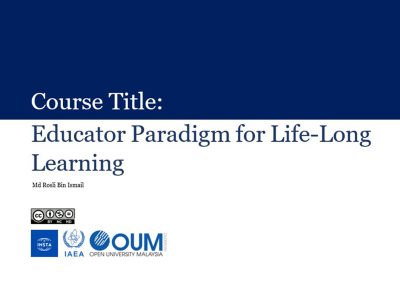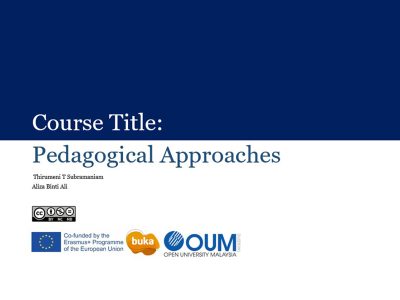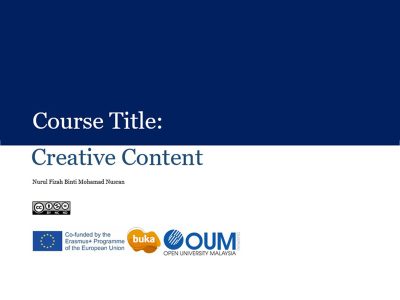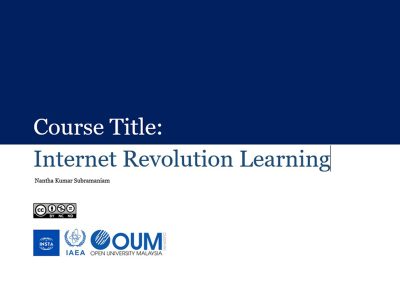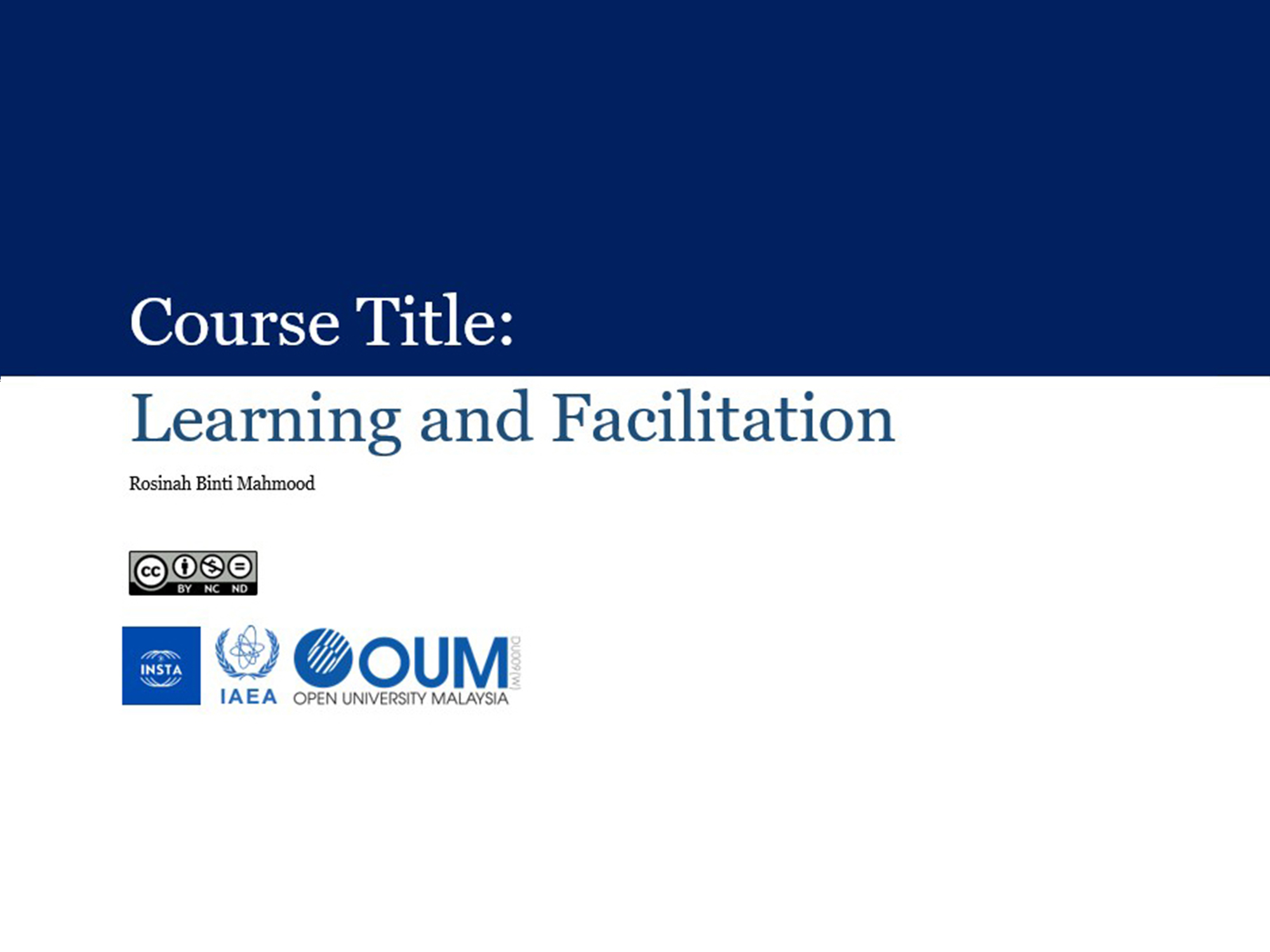
Overview
COURSE DESCRIPTION
We all are used to thinking about learners’ primary role as the receiver of knowledge. Although this is a common perception of the facilitator’s function, it is untrue with “facilitator of learning.” facilitators essentially instruct learners on how and what to think. They use examples to help them understand their learning teachings and demonstrate how to relate the topic at hand to their existing experiences. Learners will learn about learning engagement through a facilitation approach in this course. Learners will be surprised how learning facilitation steers learning engagement! The following discussion will guide you through some activities in this course. Facilitators are required to stop content delivery alone. Instead, facilitators need to assist learners in taking charge of their learning. Learning is most effective when they learn how to think for themselves rather than being told what to think.
CERTIFICATION
The certificate will be available to you once you complete this course.
LEARNING OUTCOMES
After completing this course, you should be able to:
- Describe the concept of learning and facilitation;
- Explain at least four types of learning facilitation; and
- Explain the roles of facilitators in the learning.
Course Features
- Lectures 30
- Quizzes 2
- Duration 2 hours
- Skill level All levels
- Language English
- Learners 80
- Certificate Yes
- Assessments Yes



